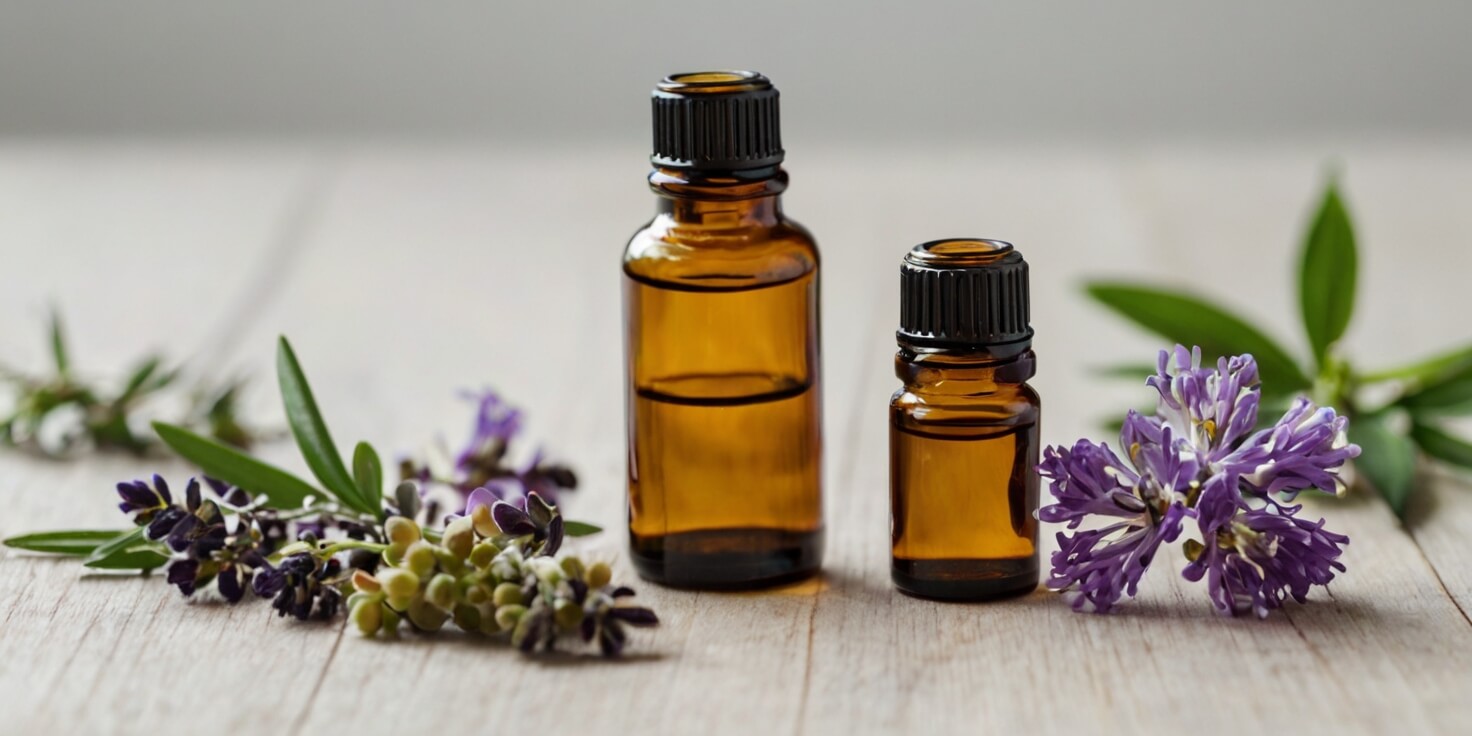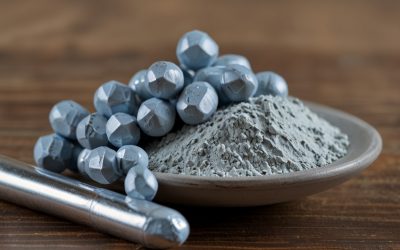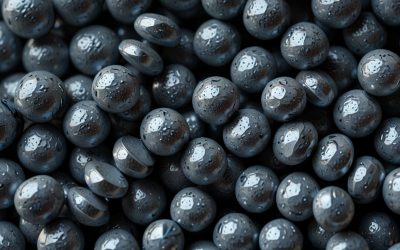Just as Achilles had his shield in the epic battles of old, you too have a formidable defense mechanism at your disposal: your immune system. This complex network stands guard, ensuring that you remain at the peak of health, fending off invaders with remarkable precision. You’ve likely heard whispers of the ancillary role essential oils may play in bolstering this biological fortress. While the fragrant whispers of eucalyptus and the spicy murmurs of ginger have been said to enhance immune function, it’s crucial to approach these claims with a discerning eye. As you consider integrating these aromatic compounds into your wellness routine, remember that the path to understanding their true impact on immune health is lined with both anecdotal promises and scientific scrutiny. Will the investigation into these potent essences reveal them to be allies in your quest for health, or will they simply diffuse into the air as aromatic enigmas? Let’s peel back the layers of evidence together to uncover the essence of truth behind these claims.
Key Takeaways
- Essential oils can enhance the adaptive immune response and stimulate phagocytic activity.
- Specific essential oils like eucalyptus and tea tree have immune-boosting properties.
- Aromatherapy with essential oils may influence the activity of white blood cells and natural killer cells.
- Responsible use of essential oils is important, and consulting a healthcare provider is advised before using them for immune support.
Immune System Basics

To grasp how essential oils might bolster your body’s defenses, it’s pivotal to understand that your immune system operates through a dynamic duo of innate and adaptive responses, each with specialized cells executing unique protective roles. The innate immune responses are your body’s first line of defense, reacting swiftly to invaders through pattern recognition receptors that detect common microbial features. This immediate action involves cells of the innate system, such as macrophages and dendritic cells, that engulf pathogens or produce signaling molecules to incite inflammation.
In contrast, your adaptive immune system unfolds over time, crafting a targeted attack. It relies on B cells and T cells, which remember past invaders, thus providing long-lasting protection. This part of the immune system plays an essential role in recognizing specific antigens and producing a precise response, potentially enhanced by the immune effects of certain essential oils.
While white blood cell counts are a marker of immune activity, the quality of these cells’ responses is just as crucial. Essential oils like eucalyptus and ginger have been observed to modulate immunological activity, suggesting a supportive role for innate and adaptive immune functions. However, the integration of these natural remedies into immune support protocols requires careful consideration of their properties and the mechanisms through which they may influence immune responses.
Understanding how these plant-derived compounds interact with various parts of the immune system is key to harnessing their potential. As you seek to serve and support others’ well-being, remember that while essential oils show promise, their application should align with evidence-based research to ensure safety and efficacy.
Essential Oil Properties
Delving into the realm of essential oils reveals that their complex chemical compositions, shaped by the confluence of environmental and genetic factors, are pivotal to their immunomodulatory capabilities. These natural essences, distilled from plants, carry a multitude of bioactive molecules that can influence your body’s defense mechanisms.
- Immunomodulatory Effects of EOs
- Enhance adaptive immune response: Essential oils can modulate the activity of B and T cells, ensuring your body’s adaptive immunity is finely tuned.
- Stimulate phagocytic activity: Compounds in EOs encourage macrophages and neutrophils to engulf and destroy pathogens effectively.
- Regulate cytokine production: Through their bioactive components, EOs can help balance the release of cytokines, which are crucial in the body’s inflammatory response.
Essential oils like eucalyptus EO and tea tree EO are renowned for their ability to boost immune function. The eucalyptus EO, for instance, is known for its eucalyptol content, which can aid in respiratory health—a vital aspect of your body’s defense system. On the other hand, tea tree EO presents terpinen-4-ol, which has been studied for its robust antimicrobial properties.
Lavender EO and clove EO, with their soothing and antimicrobial effects respectively, can be integrated into an aromatherapy massage to support health and well-being. The effects of clove EO, particularly its eugenol content, have been associated with enhanced phagocytic activity, which is a cornerstone of the innate immune response.
Understanding the unique properties of each oil, and how they contribute to immunomodulatory effects, can empower you to serve others by integrating these natural remedies into holistic health practices responsibly and effectively.
Aromatic Oils and Immunity
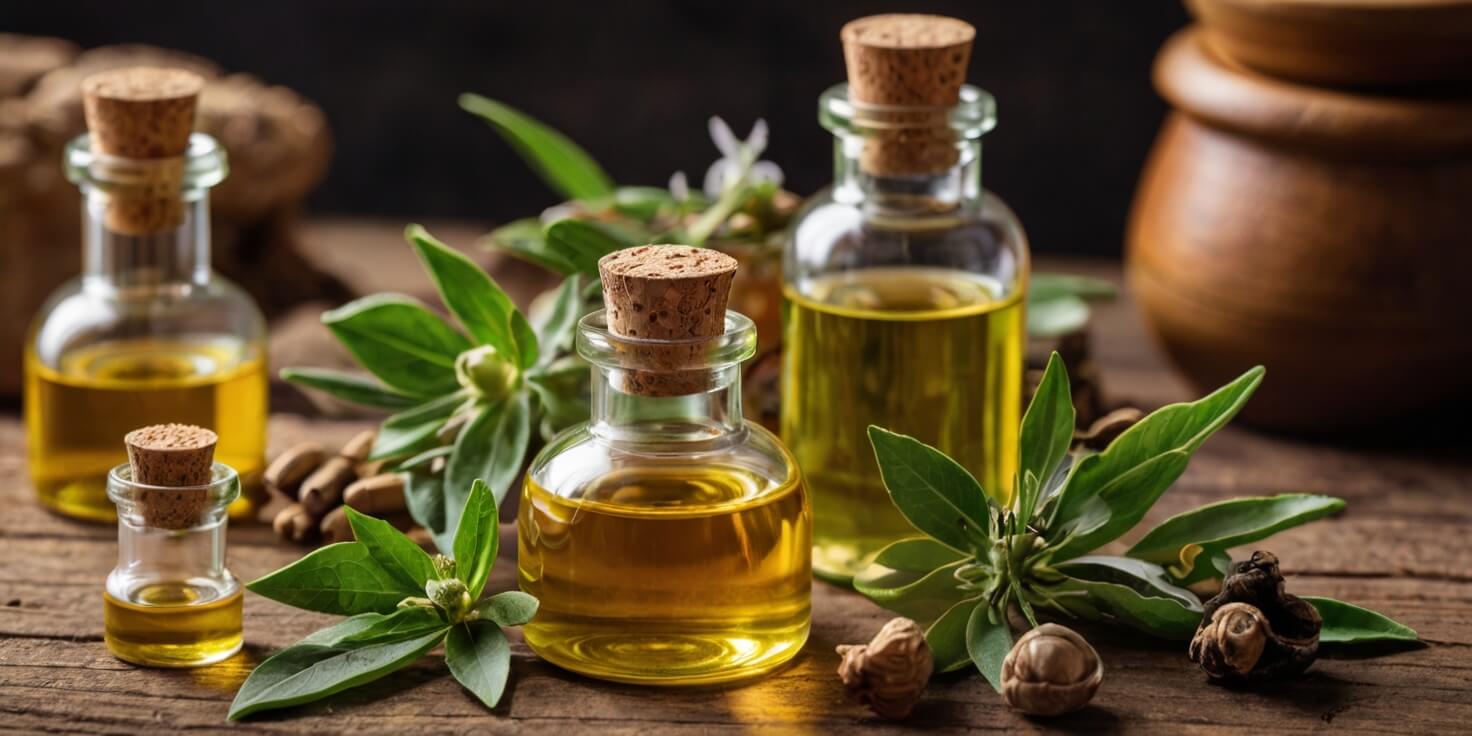
Exploring the intersection of aromatic oils and immune health reveals that essential oils, such as eucalyptus and ginger, offer promising avenues for bolstering your body’s natural defenses. When you consider the immune system as a complex network, it’s clear that supporting its function is crucial for maintaining overall well-being. Aromatherapy, in particular, provides a non-invasive method to potentially enhance immune response and modulate inflammatory mediators.
Essential oils like tea tree oil and eucalyptus oil contain compounds that may influence the activity of peripheral blood lymphocytes, the white blood cells that are essential for the immune response. Furthermore, these oils could also impact the function of natural killer cells, a type of lymphocyte critical for controlling viral infections and tumor growth. By integrating essential oils into your practice, you’re tapping into a resource that could complement the body’s ability to fight off pathogens.
The use of essential oils for immune support doesn’t stop at aromatherapy. Topical applications, when properly diluted with carrier oils, allow for direct absorption through the skin, potentially affecting local immune cells. Dietary supplementation, with due caution and professional guidance, might offer another layer of immune support.
It’s important to remember that while essential oils can be powerful, they must be used responsibly, especially in vulnerable populations. Always advise those seeking to use essential oils for immune support to consult a healthcare provider, particularly in the context of serious health conditions.
Scientific Research Highlights
Scientific studies provide compelling evidence that essential oils like eucalyptus and ginger can enhance immune function, offering additional support through various methods of administration. You’ll find that the scientific evidence points to a significant potential for these natural substances in bolstering the body’s defenses.
- *In Vitro and In Vivo Studies*
- Research involving cell cultures (in vitro) and animal models (in vivo) has shown that eucalyptus oil can stimulate the production of cytokines produced by macrophages, which are key players in the immune system.
- Ginger oil has been observed to suppress the expression of nitric oxide synthase (iNOS), which is linked to inflammation and immune responses.
- Studies have found these oils can modulate humoral immune responses, enhancing the body’s ability to fight off pathogens.
As you delve deeper into the research, you’ll discover that essential oils exhibit a range of immunomodulatory activities. These include promoting anti-inflammatory responses and supporting cellular immunity. For those dedicated to serving others, this knowledge is invaluable, providing a foundation for integrating essential oils into health practices.
- *Immunomodulatory Activities*
- Essential oils have been reported to balance immunological functions, potentially reducing the risk of overactive immune reactions.
- They can influence various immune cells, including lymphocytes and phagocytes, which are crucial for a well-functioning immune system.
The studies underscore a promising synergy between essential oils and the immune system. By enabling anti-inflammatory responses and supporting the production of vital immune cells, these oils hold a place as complementary options in immunity-related therapies.
- *Anti-Inflammatory Responses*
- The reduction of inflammation is a critical component of immune regulation, and essential oils have been shown to effectively contribute to this process.
- Their ability to interact with different pathways in the immune system underscores their potential role in therapeutic applications.
Safety and Application Tips
While essential oils offer potential immune-boosting benefits, it’s crucial to prioritize safety when applying them to ensure their use is both effective and harmless. Understanding how to use essential oils responsibly is paramount in health care settings and for personal wellness. Safe when used appropriately, these potent extracts can contribute to well-being without causing harm.
You’ll want to begin with low doses of essential oils. Lavender and tea tree oils, for example, are widely recognized for their calming and antimicrobial properties. However, even these should be diluted with carrier oils before topical application to prevent skin irritation. Tea tree (Melaleuca alternifolia) oil, while beneficial for reducing stress and supporting the immune system, must be used cautiously to avoid adverse reactions.
Moreover, never apply essential oils to wounds, rashes, or irritated skin. Keep them away from eyes and mucous membranes to dodge irritation or damage. Eucalyptus oil, often used for its respiratory benefits, is a prime example of an oil that should be kept away from sensitive areas.
Ingesting essential oils is a no-go; they can be toxic and should only be used externally. If you’re considering using essential oils therapeutically, consult with a health care professional first, especially when it comes to infants, children, pregnant individuals, older adults, or those with serious health conditions.
To ensure you’re following best practices, seek guidance from certified aromatherapy educators. They can provide expert advice, often shared under Creative Commons Attribution (CC) licenses, to foster knowledge sharing and safe usage. Remember, when it comes to essential oils, informed and careful application is the key to harnessing their health-promoting potential without risk.
Popular Immune-Boosting Oils
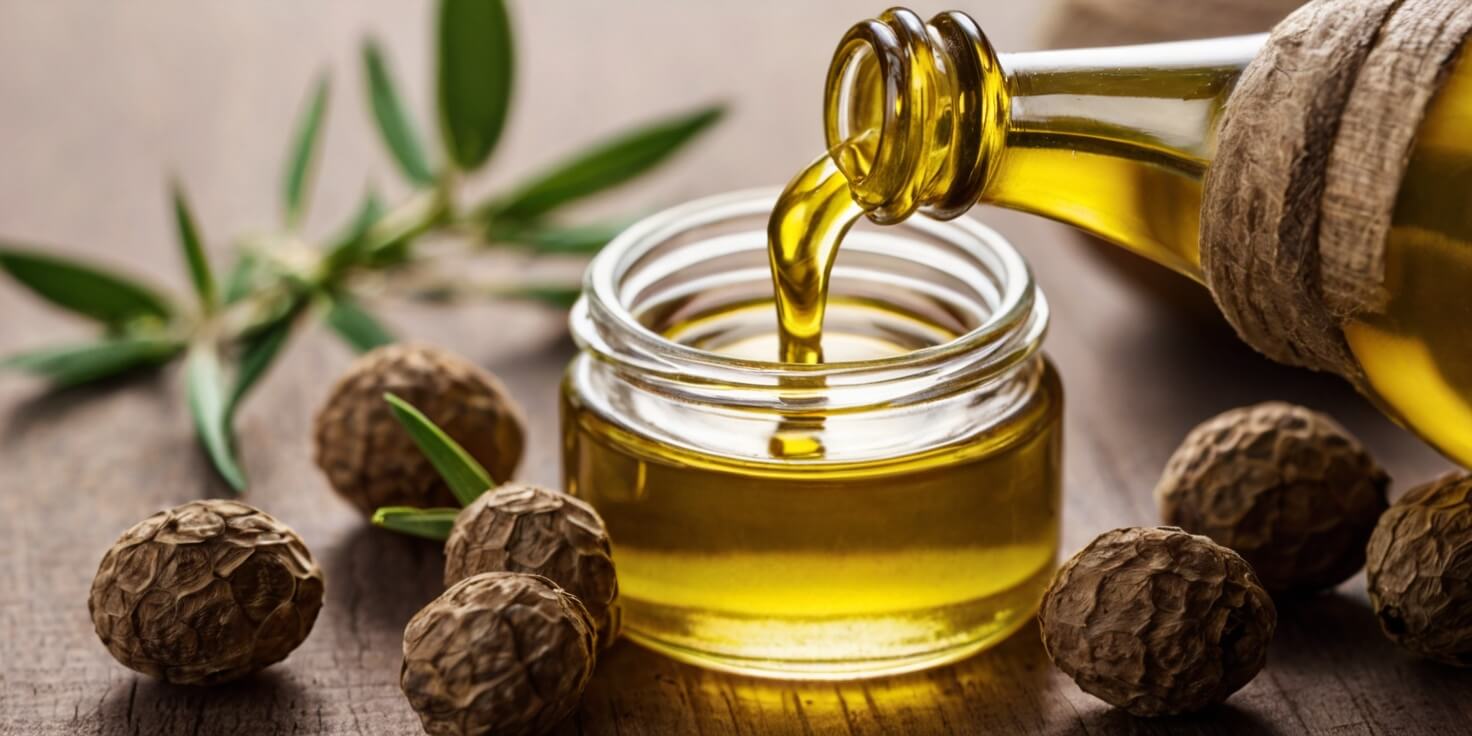
Amidst the diverse range of essential oils, eucalyptus and ginger stand out for their ability to enhance immune function, offering a natural complement to traditional health practices. These potent oils, alongside others, play a crucial role in supporting your immune system. They can modulate cell activity, influence inflammatory responses, and thus boost the immune system.
Here’s a closer look at some popular immune-boosting essential oils:
- Eucalyptus EO
- Known for its potent antiseptic properties
- Helps stimulate innate immune response
- Ginger EO
- Encourages antioxidant activity
- Supports digestive health, which is linked to immune function
- Clove EO
- High in eugenol, which has been studied for its immunomodulatory effects
- Can be used to promote oral health, a gateway to systemic health
Other notable essential oils include:
- Tea Tree
- Possesses broad-spectrum antimicrobial properties
- Often used topically to assist in skin health and hygiene
- Lavender
- Known for its calming effects, which can reduce stress
- Stress reduction is key in maintaining a healthy immune system
When integrating essential oils into a holistic approach to health, consider the herb Thymus vulgaris, commonly known as thyme. Its oil has been traditionally used to support the respiratory system, a vital component of your body’s defenses.
As you explore these oils, remember to adhere to safety guidelines, such as dilution and avoiding ingestion without professional guidance. With these tools, you can empower yourself and those you serve to strengthen their immune systems using the gifts of nature.
Lifestyle Factors and Immunity
Understanding that essential oils can bolster your immune system, it’s equally important to recognize how lifestyle choices like diet, exercise, and sleep profoundly impact your body’s ability to fend off illness. The synergy between these factors and the innate immune system forms a complex defense network. Embracing a balanced diet rich in antioxidants strengthens cells against oxidative stress, which can have inflammatory effects. Regular exercise, beyond keeping you fit, promotes good circulation, allowing immune cells to navigate the body more effectively.
Adequate rest is non-negotiable for immune health. Sleep deprivation can suppress immune function, making you more susceptible to infections. As you serve others, don’t forget to prioritize your wellbeing. Stress management through mindfulness or aromatherapy with herbal essential oils can also play a pivotal role in bolstering your immune system.
Furthermore, while essential oils can be a natural remedy aiding in the prevention and treatment of some ailments, do not overlook medical advancements like vaccinations which provide a vital layer of protection.
Here’s a concise table to integrate lifestyle factors with immune health:
| Lifestyle Factor | Impact on Immune System |
|---|---|
| Diet | Nourishes immune cells, reduces inflammatory responses |
| Exercise | Enhances circulation of immune cells, reduces stress hormones |
| Sleep | Restores immune function, decreases susceptibility to illness |
| Stress Management | Lowers inflammation, improves immune response |
As you can see, your daily choices are instrumental in maintaining a robust immune system. It’s not just about a single remedy or practice; it’s the integrative approach to living that keeps your immune system, and those you care for, in top condition.
Future Aromatherapy Directions
Building on the foundation of holistic health practices, let’s explore how the evolving field of aromatherapy may enhance immune function in future applications. As you delve deeper into the therapeutic world of essential oils (EOs), you’ll see that the future directions of aromatherapy are ripe with potential for bolstering the immune system.
- Immunomodulatory Effects of EOs
- *Further Research*: Studies are needed to unravel the precise mechanisms by which EOs influence immune functions, including their effects on B cells and T cells.
- *Optimal Dosages*: Determining the right concentrations and formulations is crucial for maximizing the therapeutic benefits of EOs in immune support.
- *Clinical Efficacy*: Rigorous clinical trials will establish the safety and efficacy of EOs as potential treatments in immune-related conditions.
The bioactivity of EOs, influenced by their complex plant-derived chemical compositions, presents a fascinating area for research. You’re called to consider not only the therapeutic potentials but also the intricacies of each EO’s interaction with the immune system.
- Complementary and Integrative Health
- *Complementary Therapies*: EOs could serve as adjuncts to conventional treatments, offering a holistic approach to health care.
- *Anti-inflammatory Properties*: By harnessing the anti-inflammatory actions of EOs, aromatherapy could play a significant role in immune regulation.
The multiapproach system required to characterize the immunomodulatory effects of EOs will integrate biochemical, physiological, and clinical perspectives.
- Combination Therapies
- *Synergistic Effects*: Exploring the synergistic action between EOs and conventional medications may yield novel treatment strategies.
- *Personalized Aromatherapy*: Tailoring EO treatments to individual immune system profiles could optimize therapeutic outcomes.
Your role in this journey of discovery and application is critical, as you strive to serve others through informed, integrative, and compassionate health practices.

